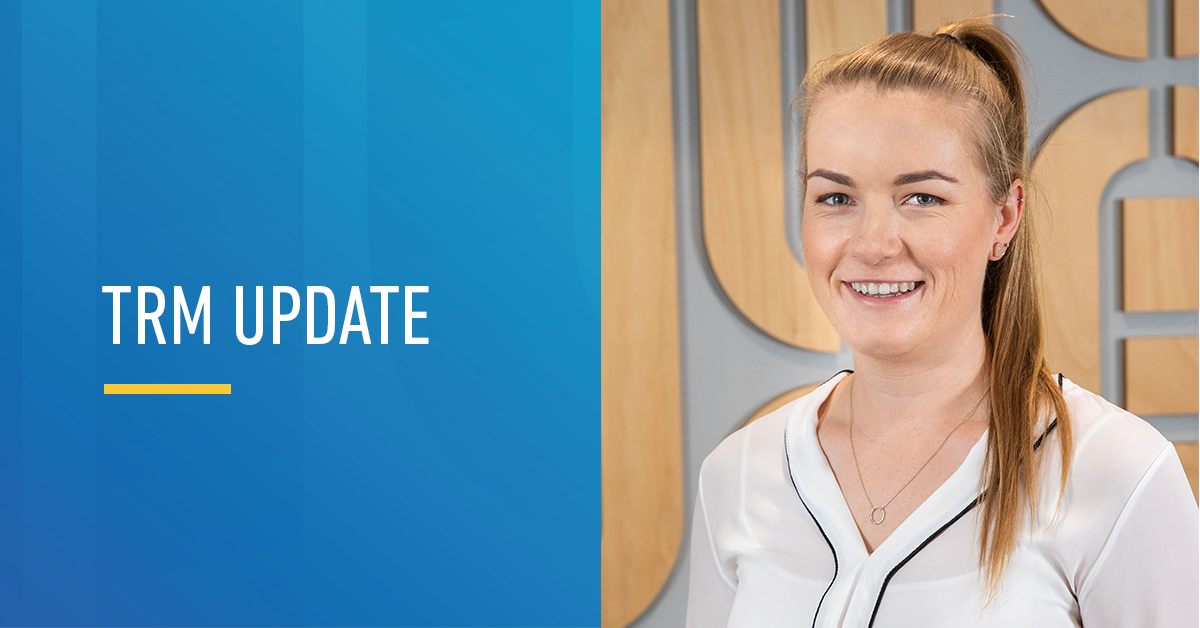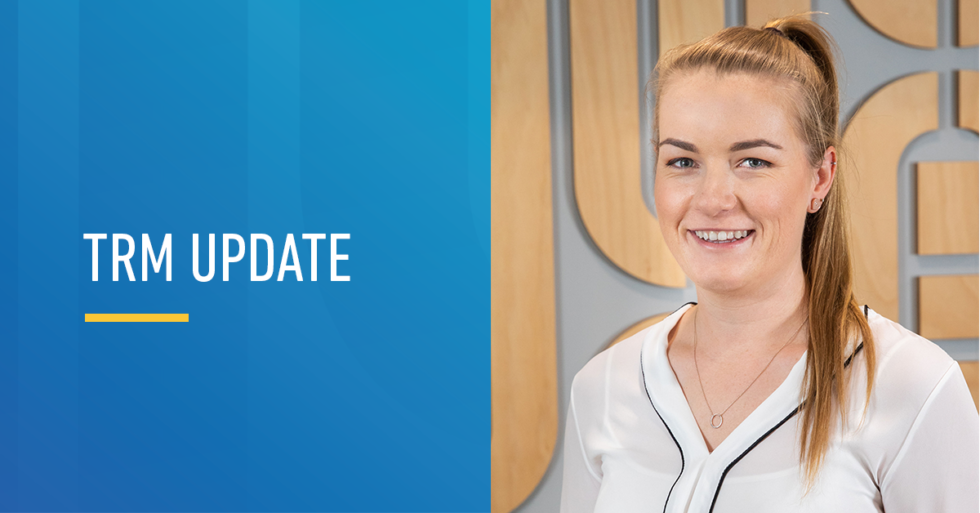Our Western Australian Training & Relationship Manager Alana Smalpage gives her thoughts on what really matters to adviser practices, and explores the important role technology will play in their business.
What is the mood in advice practices?
It is back to business and busy for the majority of practices post the changed regulatory environment, promoting an increased review around compliance processes and the completion of adviser education requirements. With these changes impacting internal business costs, advisers are taking this as an opportunity to look at their internal cost structures and processes to drive efficiency in any way possible.
What are advice practices currently focussing on?
Clients are front and centre of advice practices minds, with most businesses re-segmenting their advice offers to look at how to better service both their high net worth clients and smaller balance client profitably. A focus on re-designed service offerings and the utilisation of core investment strategies is allowing broader engagement of new opportunities for increasingly time poor advisers.
A desire to utilise technology better has more advisers starting to source user-friendly, efficient and scalable pieces of technology to align with their infrastructure and further support their advice/business philosophy.
As part of this businesses are looking to new partnerships and the inclusion of newer technologies that allow for the capture of client’s financial circumstances. In many cases where the benefits of robo advice solutions may be utilised to build future advice relationships.
From a staff perspective, practices are focussing on transitioning existing client relationships from a single contact point (the adviser) to numerous people within the business (support teams).
What are some of the best businesses doing?
Establishing BAU processes that are highly defined and documented (i.e. via XPLAN Threads and Tasks, Asana etc) is a key activity for leading advice practices, as is ensuring the back end of the business is firing and all staff are clear on their role/tasks.
Leveraging tools to support advice generation (coding and customisation) and advice delivery (automation and engagement) is a feature of leading advice businesses.
Industrialising their business through transferring existing client relationships and services to support team members, allows advisers to spend more time face to face with clients giving advice.
Partnering with supporting businesses to outsource services to lower overheads and expenses (i.e. International CRM support or Paraplanning services) assists advisers to maintain service commitments, while clearly defining their target client (particularly the case for niche market offerings) and not engaging outside of this market, to increase scalability is a must.
How are you assisting practices?
We start by ensuring that we fully understand what the business is trying to achieve by way of efficiency, client service and profitability, and then we explore how best to use our technology as efficiently as possible.
We support advisers and their staff by leveraging their industry skills with our technology to complement their individual advice philosophy.
What role do you believe you play in maximising the efficiency of practices?
My role within practices is to provide in-depth, business specific training to not only compliment but enhance advice capabilities within the platform. We aim to set a solid foundation of system knowledge whilst encouraging industry growth and change. By engaging businesses to work towards long term developmental solutions I believe this will support advice efficiencies now and into the future.




